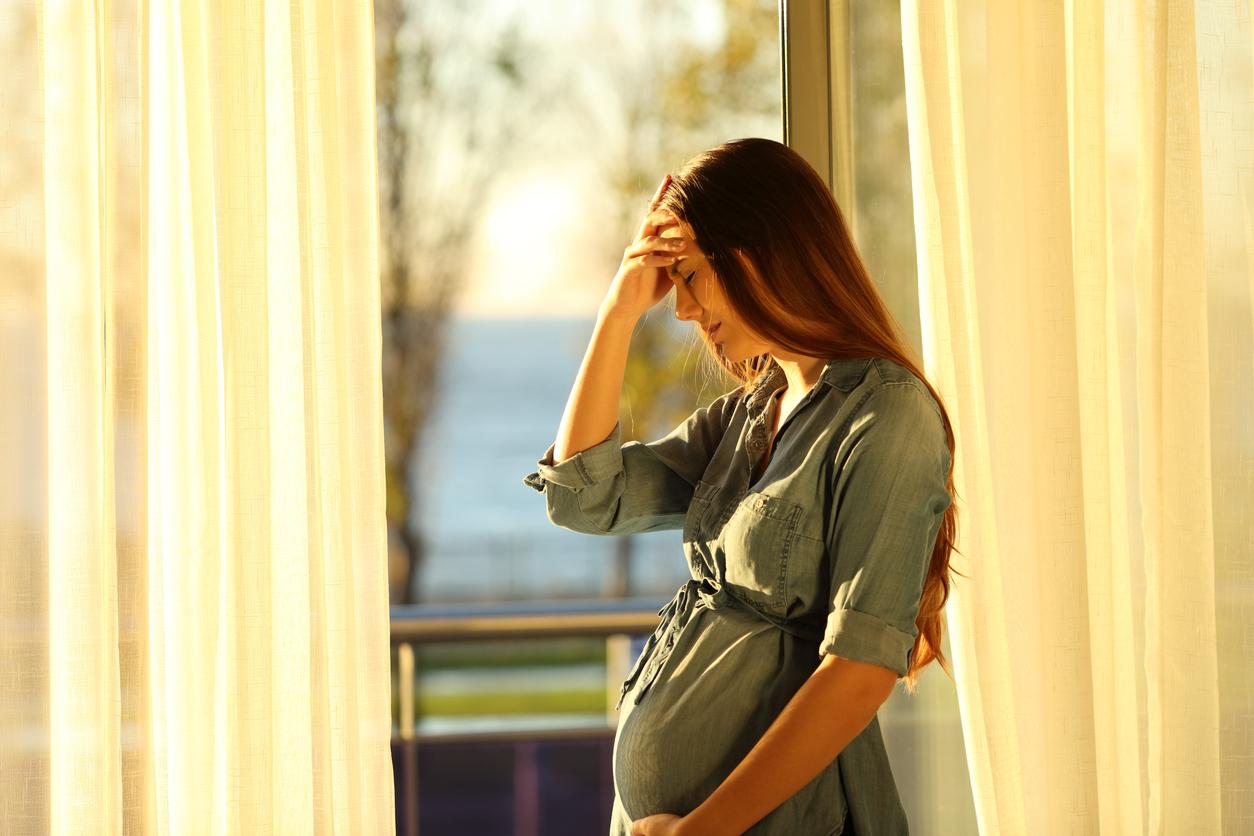New studies show how maternal experiences, such as pregnancy and childbirth, can alter the mother’s brain and lead to symptoms of depression.

- Of the approximately 3.5 million mothers who give birth each year in the United States, approximately 20% will be affected by mental health issues, such as depression and anxiety.
- Up to 14% of women even have suicidal thoughts during pregnancy, highlighting the urgent need for therapies to treat this condition.
Having a baby changes the life of the parents, but in particular that of the mother. Sometimes with a wave of negative emotions: 50 to 80% of women who give birth suffer from “baby blues” (sadness, lack of interest, etc.), and 10 to 20% of mothers are affected by postpartum depression. in the following weeks, according to the figures of the Health Insurance. Why such complications?
Researchers highlight the lasting effects of the maternal experience – pregnancy and childbirth – on the mother’s own brain, in a series of studies unveiled at the event Neuroscience 2022the annual meeting of the Washington-based Society for Neuroscience (SfN), made up of scientists from around the world.
The structure of the brain is altered by childbirth
We already know that depression during pregnancy can be caused by inflammation: the body perceives pregnancy as inflammation and the brain will do everything to fight against it, to the point of reducing the level of serotonin, the hormone of “good mood”, and thus to trigger anxiety. But what about childbirth? It is by analyzing models of female rodents (rats and mice) that the researchers were able to identify certain physiological mechanisms that can lead to brain modifications linked to reproduction.
Firstly, “susceptibility (or resilience) to postpartum depression in female rats is associated with changes in neuroimmune markers and hormones”can we read in a communicated. Clearly, rats who suffered from anxiety after giving birth saw the structure and function of their brains altered compared to those who did not suffer from it.
Towards new treatments for perinatal mental illnesses
On the other hand, “factors that regulate gene expression in learning and memory networks may alter the long-term effects of maternal experience in mouse brains”. Mice that gave birth perform better on spatial learning tasks and display profoundly different gene expression patterns in the hippocampus, a brain structure essential for learning and memory, compared to mice that did not. gave birth.
While further studies need to be conducted in the laboratory to go further, these findings suggest that it may be possible, eventually, to identify biomarkers that predict the risk of depression, and use them to develop new treatments that better target perinatal mental illnesses.















